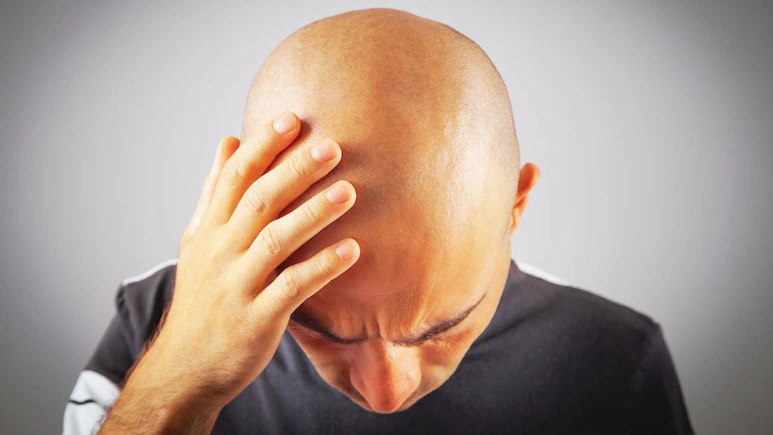Highlights
- Study from National Taiwan University suggests a new serum can regrow hair in just 20 days – in mice.
- Serum activates hair follicle stem cells using natural fatty acids.
- Experts warn that it’s too early to call it a breakthrough for humans.
- Clinical trials and safety tests are still needed.
A New Serum Claims to Regrow Hair in Just 20 Days
A research team from National Taiwan University has developed a serum that reportedly helped bald mice regrow full fur within 20 days. The findings were recently published in the peer-reviewed journal Cell Metabolism.
The study explored how certain fatty acids released by skin fat cells can trigger dormant hair follicles to grow again. These discoveries have sparked excitement online, with claims that the serum could soon help treat human hair loss.
However, scientists have urged caution, saying it is still too early to call it a breakthrough for humans until clinical trials prove its safety and effectiveness.
What the Research Found
The study, titled “Adipocyte lipolysis activates epithelial stem cells for hair regeneration through fatty acid metabolic signaling,” was led by Professor Sung-Jan Lin and his team.
When skin experiences mild injury, fat cells (adipocytes) release certain monounsaturated fatty acids (MUFAs), such as oleic acid and palmitoleic acid. These act as metabolic signals, activating hair follicle stem cells to regrow hair.
Read More: Metro Rail Job for Victim Abul Kalam’s Wife after Fatal Bearing Pad Accident in Dhaka
By applying these same fatty acids directly on shaved mouse skin, researchers found new hair growth appeared within 20 days. The team has already filed a patent and is exploring how to develop it into a topical serum for humans.
Why This Discovery Is Promising
The study introduces a new biological link between fat metabolism and hair growth, something scientists had suspected but never proven so clearly.
Unlike existing treatments like minoxidil or finasteride, which target hormones or blood flow, this approach focuses on natural cell metabolism. The fatty acids used — oleic and palmitoleic acid — are already found in human skin oil and common foods like olive oil and nuts.
If proven safe for humans, this could become a more natural and safer alternative to traditional hair regrowth methods.
Limitations and Expert Warnings
Despite the excitement, experts are warning against over-enthusiasm. The experiment was only conducted on mice, which have much faster hair growth cycles than humans.
Researchers admit that the results may not translate directly to human scalps affected by male or female pattern baldness.
“Grow smarter, not harder — ঝামেলামুক্ত অনলাইন ব্যবসার শুরু করুন Storola দিয়ে “
Some reports mention that a researcher even tested the serum on his own thighs and saw hair growth, but experts say such self-tests are not reliable scientific evidence.
Clinical trials with human participants, placebo groups, and safety monitoring are still required before it can be considered for human use.
Experts also warn that applying high concentrations of fatty acids on the scalp might cause irritation or microbiome imbalance, so caution is needed before using any serum inspired by this study.
What’s Next?
The researchers hope to start human clinical trials soon to test whether the same fatty acid mechanism works in people.
Until then, experts suggest sticking to proven treatments and maintaining a healthy lifestyle — including good nutrition, stress management, and medical consultation — for better hair health.
Source: NDTV
Share via:


















